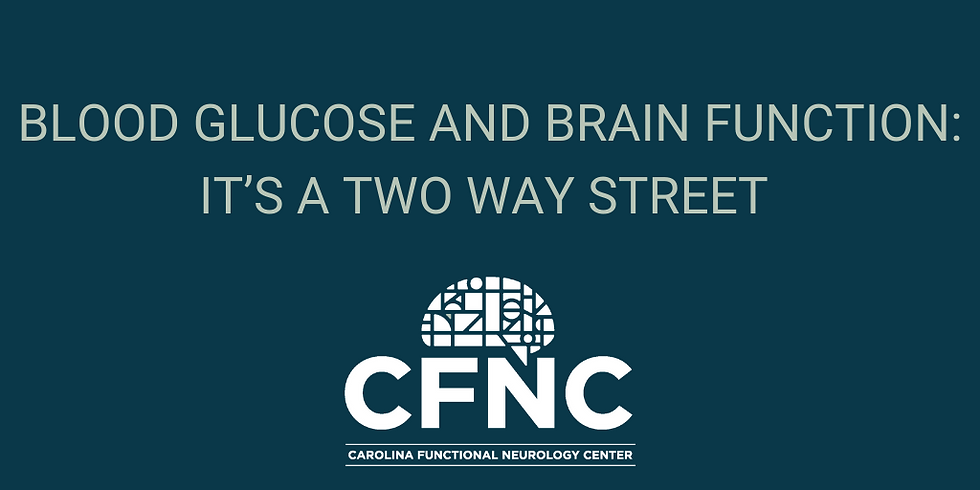Mindful Eating Tips
- Sylvie Marjanowicz

- Jun 7, 2024
- 2 min read
Updated: Nov 4, 2025
We have the power to mindfully choose how and what we fuel our bodies with. However, it can be hard to decide what to eat, when to eat, and how much to eat, especially with all the “dieting” advice out there in the world.
Mindful eating is the process by which you intentionally make yourself aware of your thoughts, feelings, and actions while eating. Eating mindfully may help you understand and listen to your internal hunger cues, improve your overall eating experience, and reduce stress eating. Whenever you’re eating or thinking about eating, stop and ask yourself these questions:
WHY are you eating?
WHEN do you want to eat?
HOW much are you eating?
WHAT are you eating?
WHERE are you eating?
The answer to these questions can help you better understand why you make certain food choices, and identify any pattern or reason behind the times when you eat despite not being hungry.
The biggest challenge you will notice when eating mindfully is the time it actually takes to complete a meal. That means slowing down. Take time to chew, to savor, to experience. This conscious act will allow you to remain present in the moment with your food without distractions.
Engaging your senses is a helpful way to activate the parasympathetic nervous system (the rest and digest system). This helps to get your brain and body ready to metabolize food. Try the following tips to engage all of your senses when you cook and eat:
SIGHT: Look at your food. Notice the colors, shapes and textures of the food.
SMELL: Smell the food. Acknowledge what you smell and how different smells make you feel.
TOUCH: When chewing the food, we encourage you to slow down and acknowledge the texture of the food. Try chewing your food 15 to 20 times before swallowing. This helps to mechanically break down the food and activate enzymes in the mouth to break the food down better.
TASTE: Acknowledge the taste of the food and how the taste makes you feel.
HEARING: Especially when cooking the food, you can listen to the sounds of the food being cut or sizzling in the pan.
Take note of your senses and how they react to your food. Put your fork down and tune in. Ask yourself, are you full or do you genuinely need more food? Remember, it takes time for the brain to register that your stomach is satisfied. Be the observer, and develop a healthier relationship with your meals.
Would you like additional assistance with mindful eating or implementing a new diet? We offer a Diet Protocol Coaching Program through The Virtual Lab at CFNC. Sylvie Marjanowicz, our Virtual Lab health coach, will provide personalized guidance and motivation, helping you to understand and adhere to your dietary recommendations. Click here to learn more or schedule a consultation.
This article was written by Sylvie Marjanowicz, Virtual Lab at CFNC health coach. Click here to learn more about Sylvie.




